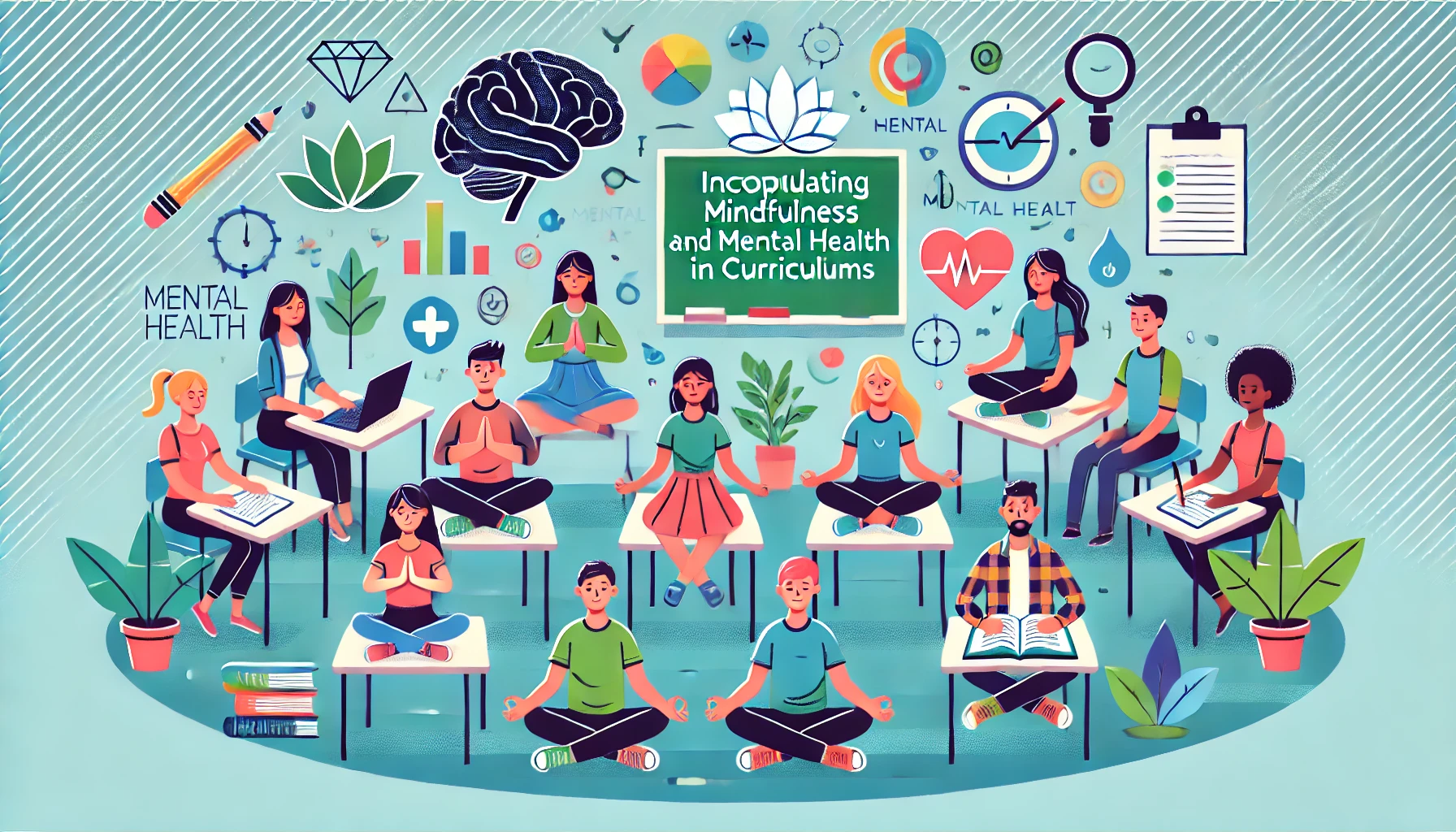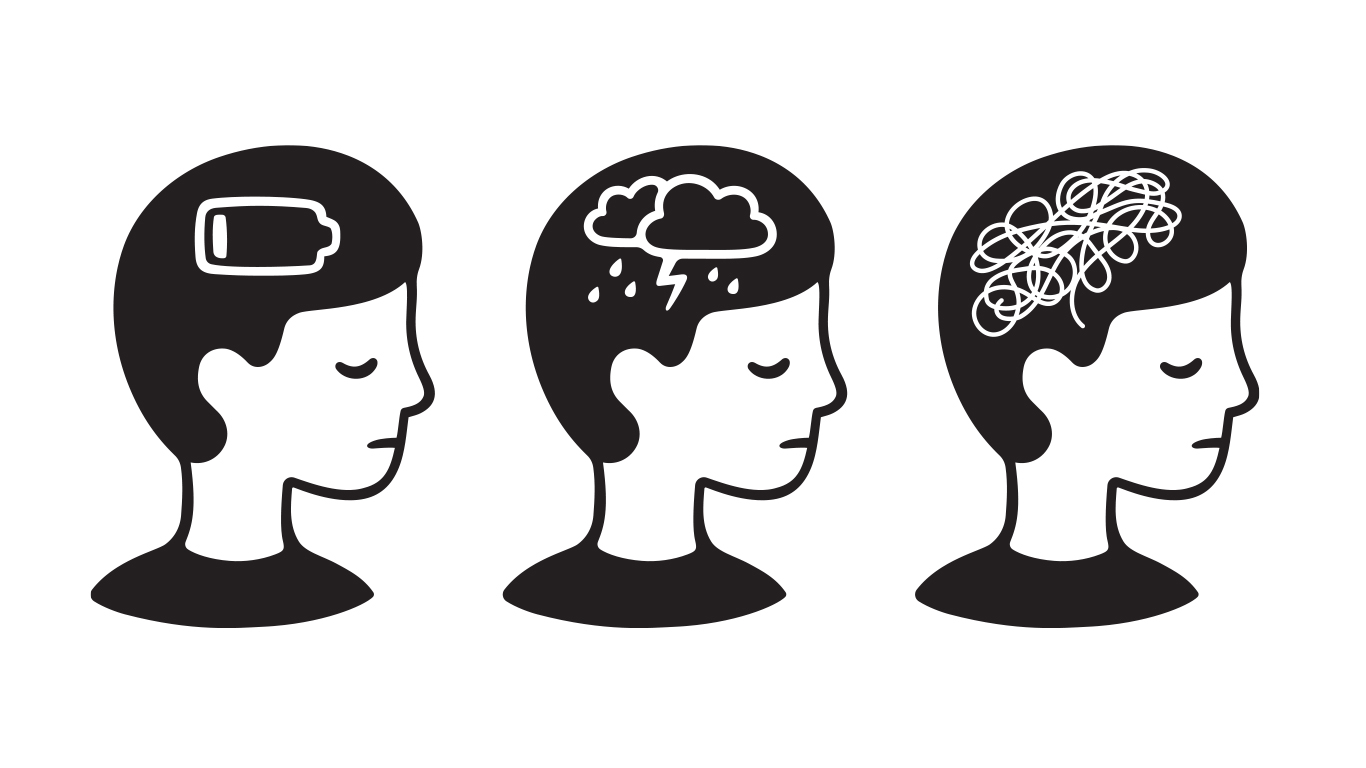Youth mental health is a growing concern worldwide as young people face unique challenges that shape their emotional and psychological well-being. With the rise of digital technology, academic pressures, and social shifts, mental health issues in youth have become more prevalent and visible. Addressing these challenges requires understanding the specific needs of the younger generation and implementing supportive solutions that nurture resilience and positive development.
In this article, we explore the key factors affecting youth mental health, strategies for early intervention, and the role of community support in fostering well-being.
Understanding the Challenges Facing Youth Mental Health
1. Social Media and Digital Influence
The pervasive influence of social media on young people’s lives has significantly impacted their mental well-being. Constant exposure to curated online personas often creates unrealistic expectations, fostering feelings of inadequacy and low self-esteem.

- Cyberbullying: Harassment in online spaces can lead to anxiety, depression, and social withdrawal.
- Screen time and isolation: Excessive use of digital devices can reduce face-to-face interactions, affecting emotional connections and increasing loneliness.
2. Academic and Career Pressures
Today’s youth face intense pressure to excel academically and secure future career opportunities. This environment often results in:
- Stress and burnout: The relentless pursuit of success can lead to chronic stress and fatigue.
- Fear of failure: A high-stakes atmosphere may discourage creativity and exploration, essential for personal growth.
3. Impact of Global Issues
Young people are increasingly aware of and affected by global issues such as climate change, economic instability, and social justice movements. This heightened awareness can contribute to:
- Eco-anxiety: A sense of dread and helplessness about environmental degradation.
- Social anxiety: Concerns about fitting into rapidly changing societal norms.
The Importance of Early Intervention
1. Recognizing Warning Signs
Early detection of mental health struggles can prevent long-term complications. Common indicators include:

- Persistent changes in mood or behavior.
- Difficulty concentrating or withdrawing from social activities.
- Expressions of hopelessness or extreme irritability.
Educators, parents, and peers play a crucial role in noticing these signs and encouraging young individuals to seek help.
2. Building Resilience
Teaching coping skills and emotional regulation from a young age can equip youth with tools to navigate life’s challenges. Resilience-building activities include:
- Mindfulness practices: Such as yoga, meditation, or journaling.
- Creative outlets: Artistic or physical pursuits that encourage self-expression and stress relief.
3. Access to Professional Support
Youth-friendly mental health services, such as counseling or therapy, are vital. Schools, community centers, and telehealth platforms can bridge gaps in access to mental health care.
Strategies for Supporting Youth Mental Health
1. Empowering Through Education
Educating young people about mental health helps reduce stigma and empowers them to take charge of their well-being. Schools can incorporate:
- Mental health curriculums: Lessons on emotional literacy, self-awareness, and coping strategies.

- Peer-led initiatives: Programs where young people advocate for mental wellness among their peers.
2. Strengthening Family Connections
Supportive family environments foster emotional security and confidence. Strategies for families include:

- Open communication: Encouraging honest discussions about feelings without judgment.
- Quality time: Participating in shared activities to build trust and connection.
3. Community and Peer Support
Young people benefit greatly from networks of understanding peers and supportive community resources. Initiatives such as youth clubs, mentoring programs, or mental health hotlines can provide vital assistance during difficult times.
Holistic Approaches to Mental Health Care
1. Integrating Technology with Care
Digital tools, like mental health apps and virtual therapy platforms, are becoming essential for addressing youth mental health. These innovations offer:
- Accessibility: Young people can seek help discreetly and conveniently.
- Interactive engagement: Gamified features or chatbots make learning about mental health appealing.
2. Promoting Healthy Lifestyles
Physical health is intricately linked to mental well-being. Encouraging young people to maintain healthy habits can positively impact their overall outlook. Key practices include:

- Regular exercise to release endorphins and reduce stress.
- Balanced diets that support brain health and energy levels.
- Adequate sleep to improve cognitive function and emotional stability.
Why Community Support Is Critical
1. Collaborative Efforts
Schools, healthcare providers, and local organizations must work together to create a supportive ecosystem for youth. Initiatives such as mental health awareness campaigns or school-based wellness programs can make resources more visible and accessible.
2. Addressing Inequalities
Marginalized youth, including those from low-income families or minority groups, often face barriers to accessing mental health care. Tailored programs and outreach efforts can help bridge these gaps and ensure equitable support for all.
3. Advocating for Policy Changes
Advancing youth mental health also requires systemic changes. Policies that increase funding for mental health services, mandate emotional wellness curriculums in schools, and address societal pressures are essential for long-term progress.
Conclusion
Addressing the unique mental health needs of today’s youth is an urgent and multifaceted challenge. By understanding the pressures young people face and implementing strategies for early intervention, education, and community support, we can help them build resilience and lead healthier lives.
How are you contributing to youth mental health awareness? Share your thoughts and experiences in the comments or explore more resources on our website to learn how you can make a difference. Together, we can support the next generation in navigating life’s challenges with strength and confidence.

Leave a Reply